Renata Barradas Gutierrez
renatabarradas88@gmail.com
Washington D.C, United States
Renata earned a Bachelor’s Degree in International Relations from Tecnologico de Monterrey and two Certificates in Woman, Gender and Development and International Relations from The University of British Columbia. While working as Communications Coordinator in Cinco Panes y Dos Peces A.C., a Mexican nonprofit organization, she helped indigenous communities in isolated regions in Mexico to apply a Risk Prevention, Control and Management Plan. Simultaneously, Renata taught a certificate in Financing Strategies and Fundraising for nonprofits. Previously, she coordinated two international volunteer projects in Belgium at the Red Cross Center for Asylum Seekers and at the Asylum Seekers and at the Arthur Regniers Center for motor and brain handicapped people. Renata has volunteered in ten projects nationally and internationally concerning a wide range of topics such as: orphan children, Down's syndrome children, reforestation, Elkhorn Coral Planting, fundraising, and reconstruction. Through these experiences, she developed project coordination and implementation, fundraising, web development and research skills. Renata enjoys topics related to philanthropy and has a strong passion for poverty relief and refugees. As a result, from her passion in the nonprofit sector, she has cofounded Amarte A.C., and Hoor A.C., two Mexican nonprofit organizations.
Renata currently helps to support the information and knowledge management needs of the Global Disaster Preparedness Center (GDPC). This includes providing immediate support for data collection and analysis, maintaining and refining an effective knowledge management system for a state-of-the-art resource center, and piloting of complementary knowledge management initiatives.
Awareness material, Other type of resource
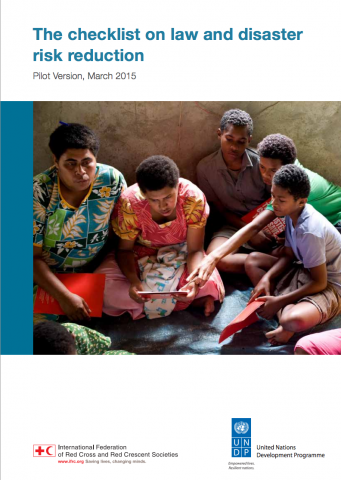
The Checklist provides a prioritized and succinct list of ten key questions that lawmakers, implementing officials, and those supporting them need to consider in order to ensure that their laws provide the best support for DRR. It covers not only ded...
Guidance material
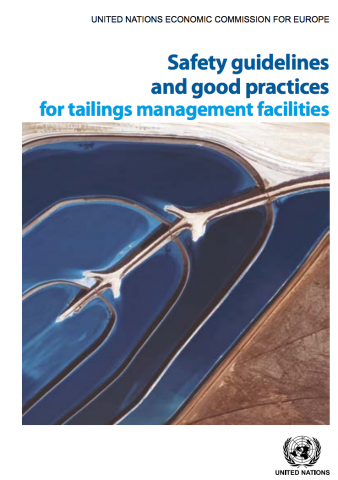
The effective and safe disposal of mining wastes presents technical and environmental challenges. Each facility is unique, so a tailor-made and sound approach is needed to ensure that the TMF is safe, environmentally sound and economical. Although TM...
Report
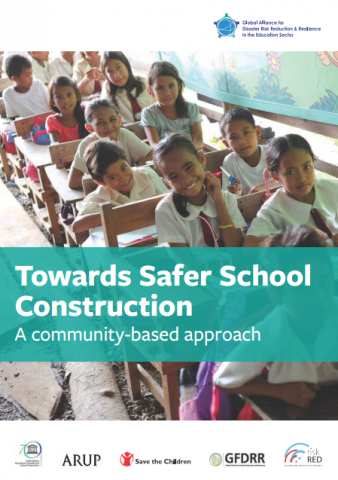
This report outlines UNDP’s engagement in implementing the HFA and highlights the results that it has achieved in the years 2005–2014. Based on the report, ‘Protecting Development from Disasters: UNDP’s Support to the Hyogo Framework for Acti...
Guidance material
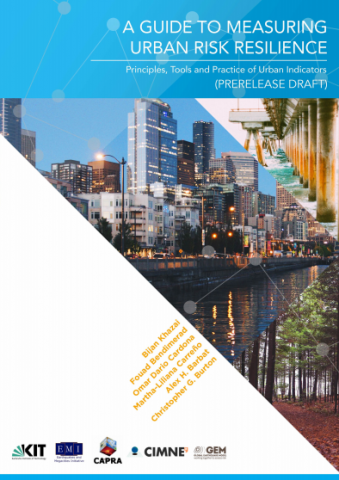
This guideline is designed to address the lack of appropriate information and practices on inclusive policies and practices on disaster preparedness, accessible early warnings, accessible transportation, and life safety and evacuation of persons with...
Report
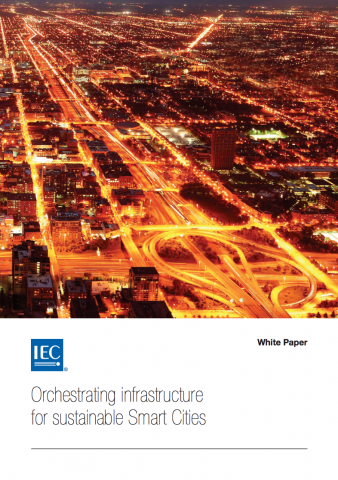
This White Paper is the fifth in a series whose purpose is to ensure that the IEC can continue through its International Standards and Conformity Assessment services to solve global problems in electrotechnology. The White Papers are developed by the...
Guidance material
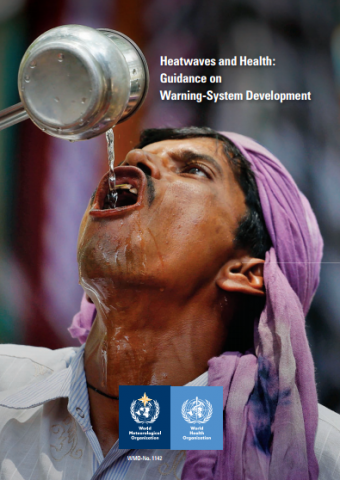
The Guidance Note on Recovery: Environment, along with its companion booklets, is an initial step in documenting, collecting and sharing disaster recovery experiences and lessons. IRP hopes that this collection of the successes and failures of past e...
Assessment or evaluation
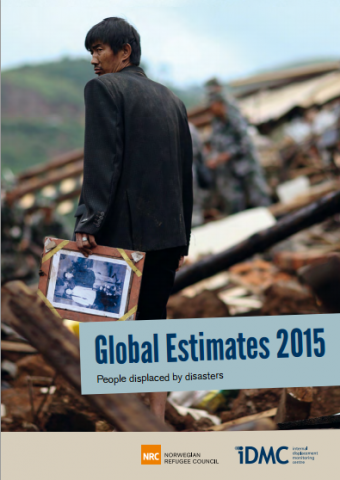
This Framework provides an approach for the development of ‘no/low regrets’ investments and financing strategies, as a starting point for embarking on climate resilient development in Africa. No/low regrets investments have the key characteristic...
Report
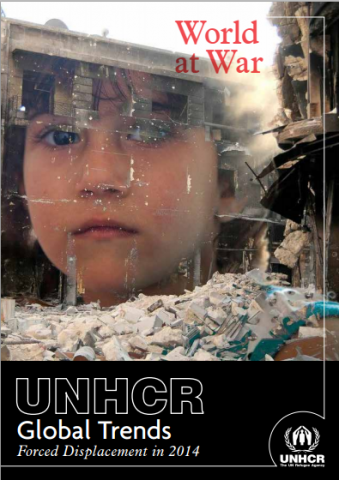
This study reflects an awareness of the need to see disasters as primarily social, rather than natural, phenomena. This view acknowledges the fact that humans can act and take decisions to reduce the likelihood of a disaster occurring or, at the very...
Report
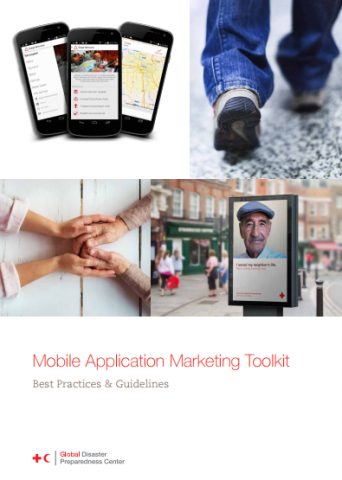
This report presents data about natural disasters impacts (human and economic) at world scale for the last 20 years. The analyses focus on trends and patterns of impacts and how these vary regarding the income level or the geographical location. Base...
